There are many vegetarian protein sources that you can include in your diet to meet your daily protein needs. Here are some examples:
Legumes:
Beans, lentils, chickpeas, and peas are all excellent sources of protein. They are also rich in fiber and other nutrients.
Legumes are a great source of protein for vegetarians, as they contain both protein and fiber. They are also low in fat and calories, making them a healthy addition to any diet. Some popular legumes include lentils, chickpeas, and black beans.
Lentils are one of the most versatile legumes, as they can be used in soups, stews, salads, or even as a substitute for meat in burgers and meatballs. Chickpeas are another favorite among vegetarians because they can be used to make hummus or added to salads for extra texture and flavor. Black beans are commonly used in Mexican dishes like burritos or tacos.
Incorporating legumes into your diet is not only beneficial for your health but also for the environment. Legume crops require less water compared to animal agriculture and also help improve soil quality by fixing nitrogen. So next time you’re looking for a plant-based protein source that’s both nutritious and eco-friendly, consider trying some delicious legumes!
Nuts and seeds:
Almonds, peanuts, cashews, chia seeds, pumpkin seeds, and sunflower seeds are all good sources of protein. They also contain healthy fats and other nutrients.
Nuts and seeds are excellent sources of protein for vegetarians. They contain all nine essential amino acids that the body requires. Some popular nuts include almonds, pistachios, cashews, and walnuts. These nuts are not only rich in protein but also contain healthy fats that help lower bad cholesterol levels.
Seeds such as pumpkin seeds, sunflower seeds and chia seeds are also great vegetarian protein sources. Chia seeds specifically have become a popular choice among health enthusiasts due to their high content of omega-3 fatty acids which promote heart health. They can be added to smoothies or used as a topping on salads.
Overall, incorporating nuts and seeds into your diet is an easy way to ensure you’re getting enough protein in your vegetarian diet without relying solely on soy or legumes. Plus they make a great snack option too!
Tofu and tempeh:
Both are made from soybeans and are excellent sources of protein. They are also low in fat and can be used in a variety of dishes.
Tofu and tempeh are both excellent sources of plant-based protein for vegetarians or anyone looking to reduce their meat consumption. Tofu is made from soybeans and has a neutral taste, making it a versatile ingredient that can be used in savory dishes like stir-fries, salads, sandwiches, and even desserts. It’s also low in calories and high in calcium, iron, and other nutrients.
On the other hand, tempeh is made from fermented soybeans that have been pressed into a firm block. It has a nutty flavor and firmer texture than tofu, making it an ideal substitute for meat in dishes like burgers or tacos. Tempeh is also rich in fiber, vitamins B12 and K2, manganese, phosphorus, and magnesium.
Both tofu and tempeh are great options for people following vegetarian or vegan diets since they provide high-quality protein without the need for animal products. These foods can satisfy hunger while supporting healthy bones formation with their richness in minerals such as calcium which makes them valuable dietary components to consider incorporating into your meal plans regularly.
Whole grains:
Quinoa, brown rice, and oatmeal are all good sources of protein. They also contain fiber and other nutrients.
Whole grains are an excellent source of protein for vegetarians. They offer a wide range of health benefits, including reducing the risk of heart disease, type 2 diabetes, and some types of cancer. Unlike refined grains that have been stripped off their nutrients, whole grains contain all three parts of the grain – the bran, germ and endosperm- making them richer in fiber, vitamins and minerals such as iron and zinc. Whole wheat breads and pastas are among the most popular sources of whole-grain proteins.
Other varieties include quinoa (pronounced KEEN-wah), farro, bulgur wheat (also known as cracked wheat), brown rice, barley etc., which can be used in salads or as side dishes for a satisfying meal. These grains are versatile enough to be paired with different vegetables or fruits creating rich combinations that cater to various palettes. For example; Quinoa is great when paired with roasted sweet potatoes while Farro blends well with mushrooms or tomatoes.
In conclusion, beyond just being vegetarian-friendly protein sources, whole-grains offer an array of health benefits that make them worth incorporating into your diet. Next time you go shopping for groceries consider swapping out refined products like white bread for healthier alternatives like whole-grain options.
Also Read: wellhealthorganic.com : 10-best-ways-to-use-blueberries
Vegetables:
Some vegetables are also good sources of protein, such as broccoli, spinach, and Brussels sprouts.
Vegetables can be an excellent source of protein for vegetarians. Although they may not contain as much protein as animal-based foods, there are many high-protein vegetables available such as broccoli, spinach, edamame, and peas. These veggies also provide other essential nutrients like fiber, vitamins, and minerals that are important for overall health.
Broccoli is a versatile vegetable that can be eaten raw or cooked and contains 2.8 grams of protein per cup. Spinach is another great option with 5 grams of protein in one cup when cooked. Edamame beans contain 18 grams of protein per cup making them an excellent choice for snacks or added to salads. Finally, peas have around 8 grams of protein per cup and can be used in soups or as a side dish.
Incorporating these high-protein vegetables into your diet can help you meet your daily protein requirements without relying on animal-based foods. With so many flavorful ways to prepare them, it’s easy to make vegetables a delicious part of any vegetarian meal plan!
Dairy products:
Milk, yogurt, and cheese are good sources of protein for lacto-vegetarians.
Dairy products are an excellent source of protein for vegetarians. They contain all nine essential amino acids that the body cannot produce on its own, making them a complete protein source. This is particularly important for vegetarians who may struggle to get enough protein in their diet.
Some popular dairy products that are high in protein include Greek yogurt, cottage cheese, and cheese. Greek yogurt is an especially good choice as it contains twice the amount of protein as regular yogurt. Cottage cheese also packs a punch with 14g of protein per half-cup serving.
However, it’s important to note that not all dairy products are vegetarian-friendly. Some cheeses are made using animal rennet, which is sourced from the stomach lining of calves and lambs. It’s always best to read labels carefully or opt for dairy-free alternatives if you follow a vegetarian diet but still want to enjoy the benefits of high-protein dairy products.
It’s important to note that vegetarians may need to eat slightly more protein than non-vegetarians to ensure they are getting enough of all essential amino acids. Consult a registered dietitian or nutritionist to determine the appropriate amount of protein for your individual needs.
Also Read: wellhealthorganic.com : coriander-leaves-5-best-health-benefits
Conclusion
In conclusion, vegetarians can get ample protein from plant-based sources. Legumes, nuts, seeds, and whole grains are excellent sources of protein for those who avoid meat. Additionally, soy products such as tofu and tempeh are also high in protein and can be used as a substitute for meat in many recipes.
It is important to note that while it is possible to meet your daily protein needs on a vegetarian diet, it may require some extra planning and effort. Vegetarians should aim to include a variety of protein sources in their diet to ensure they are getting all the essential amino acids their body needs.
Overall, a well-planned vegetarian diet can provide all the necessary nutrients including protein. With the right knowledge and planning, vegetarians can enjoy delicious meals that fulfill their nutritional requirements without compromising on taste or health benefits.
FAQ
Sure, here are some frequently asked questions about vegetarian protein sources:
Q: Can vegetarians get enough protein without eating meat?
A: Yes, vegetarians can absolutely get enough protein without eating meat. There are many plant-based sources of protein, including legumes, nuts, seeds, tofu, tempeh, whole grains, and vegetables.
Q: How much protein do vegetarians need?
A: The recommended daily intake of protein for adults is 0.8 grams per kilogram of body weight. However, some experts suggest that vegetarians may need slightly more protein to ensure they are getting enough of all essential amino acids.
Q: What are some high-protein vegetarian snacks?
A: Some high-protein vegetarian snacks include roasted chickpeas, nuts and seeds, hummus with veggies, edamame, Greek yogurt or cottage cheese, and protein bars or shakes made with plant-based protein powder.
Q: Are plant-based proteins as good as animal proteins?
A: Plant-based proteins can be just as good as animal proteins, as long as you are consuming a variety of protein sources to ensure you are getting all of the essential amino acids your body needs. Plant-based proteins are also often lower in saturated fat and higher in fiber and other nutrients.
Q: Can vegetarians build muscle without eating meat?
A: Yes, vegetarians can certainly build muscle without eating meat. Consuming enough protein, along with engaging in regular strength training exercises, is the key to building muscle. Vegetarian protein sources such as beans, lentils, tofu, and quinoa can be excellent choices for building muscle.





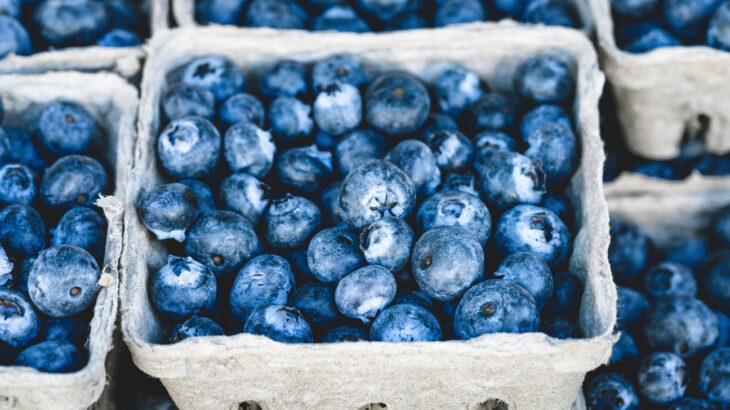


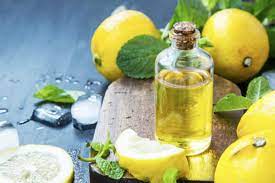
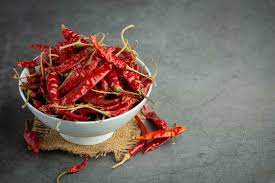
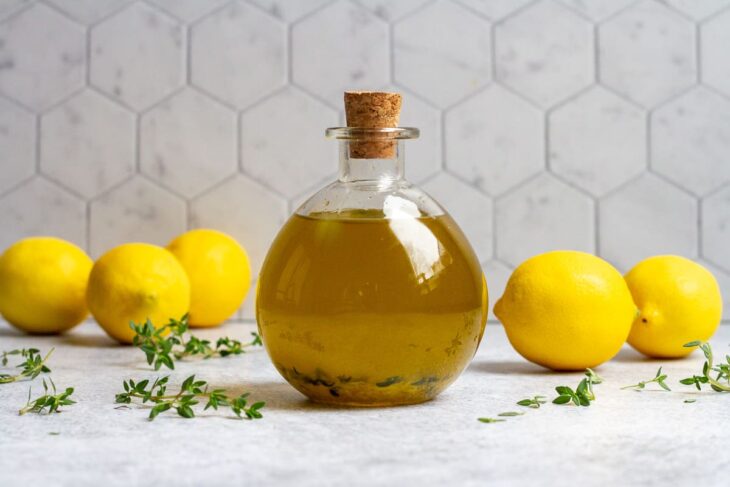
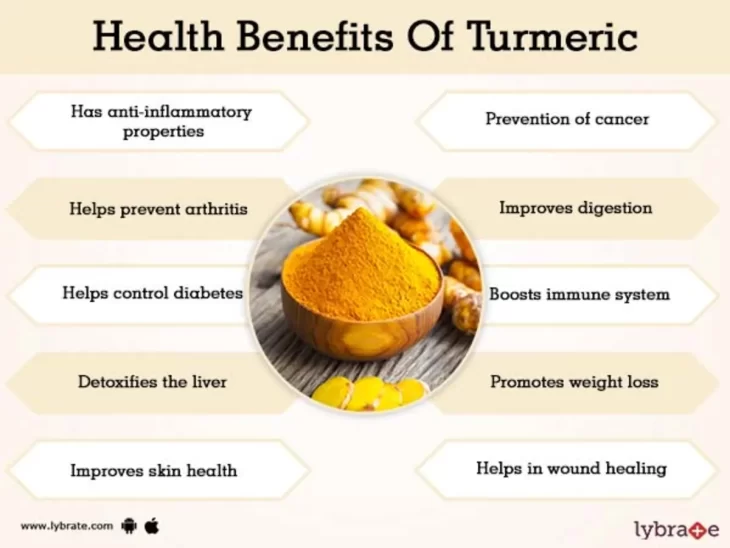


You must be logged in to post a comment.